The more I learn about programming for the Web, the more it seems like everything is about the DATABASE. PHP just happens to be the tool we use to shuttle data back & forth .. to & from the database. PHP also lets you modify the data going back & forth .. in seemingly unlimited ways.
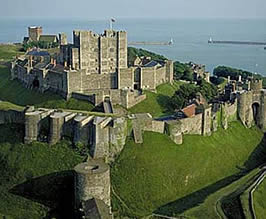 Every once in a while, I catch a glimpse of the power available in learning to wield programming languages. Very brief glimpses, cuz I am just a beginner.
Every once in a while, I catch a glimpse of the power available in learning to wield programming languages. Very brief glimpses, cuz I am just a beginner.
Interestingly, these glimpses always come while I'm learning how to use PHP to access and manipulate data going into or coming out of a relational database (MySQL).
The coolest part of these glimpses .. is that they really do give me the sense that the power available in programming is truly UNLIMITED (.. limited only by your imagination).
I mean, computer programming is designed to use (work on) a computer. By that I mean » a CPU and memory, which itself mimics how the human brain & human memory works. So there's this self-reflexive thing going on in the background (or underneath) .. which is itself a little trippy. What are the limits of the human mind?
Hard to describe, cuz I'm still just a programming n00b (.. tho I continue to make progress). But the promise of unlimited creative power is very seductive. Can hear it calling my name.
The programming gods however, do not freely surrender the keys to this unlimited creative power. No, sir. There's a price to be paid.
In researching how our brains learn, it seems we find it easier to learn new-things that we can relate to things we already-know.
The problem (I've found) is that learning how to program does not readily lend itself to other things we might already-know. Rather, it's like having to build a whole new conceptual world .. from scratch. In other words, it takes longer. And requires more effort, in the form of memorization.
I actually went back and reviewed the material covering basic concepts .. especially the section on user-defined functions() .. after finding I kept having questions about material I already covered. I'm talking about after I began studying Object-Oriented Programming (OOP), which is the focus of Beyond the Basics.
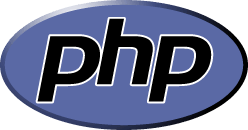
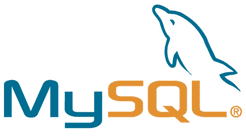
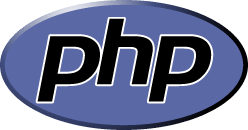
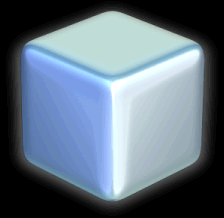
 Satisfying feeling .. like I've begun moving forward, making real progress. The pieces of my PHP puzzle are starting to fit together.
Satisfying feeling .. like I've begun moving forward, making real progress. The pieces of my PHP puzzle are starting to fit together.
